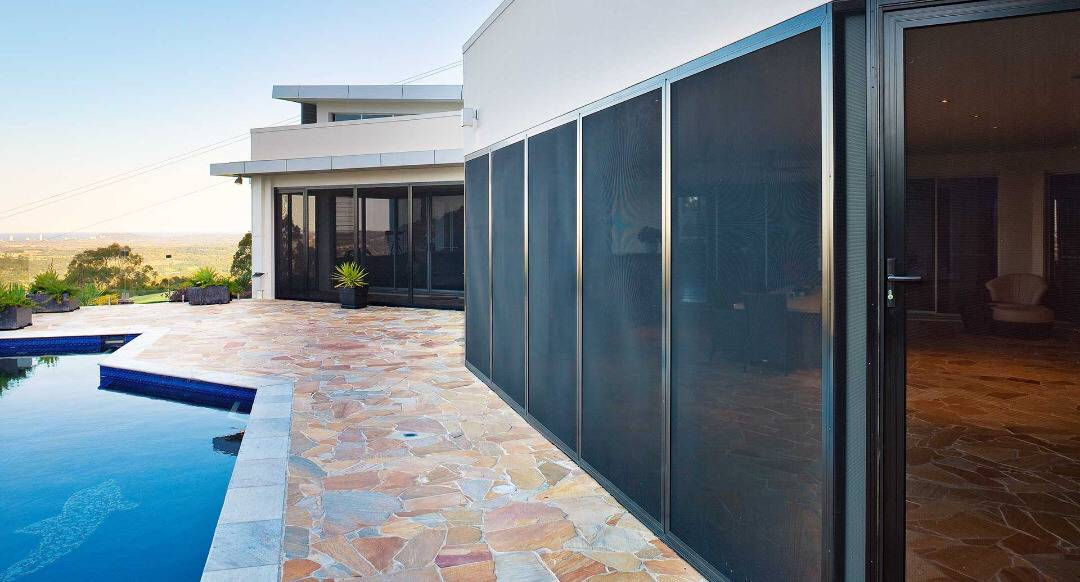Introduction
Folding doors have become a popular choice in modern home design due to their aesthetic appeal and functionality. Whether you're looking to maximize space or create a seamless indoor-outdoor flow, customizing folding doors can help you achieve a perfect fit for your home’s unique style. This article provides insights into how you can tailor folding doors to suit your specific needs and preferences.
1. Choosing the Right Materials
The material of your folding doors plays a crucial role in both appearance and durability. Common options include wood, aluminum, and uPVC. Wood offers a warm, natural look, ideal for traditional or rustic homes, while aluminum provides a sleek, modern aesthetic and is highly durable. uPVC is a versatile and cost-effective option, available in various finishes to match your home’s decor.
2. Selecting the Perfect Finish
The finish of your folding doors can greatly influence the overall look of your space. You can choose from a wide range of finishes, including natural wood stains, matte or glossy paint, and metallic finishes. Consider your existing color scheme and home design when selecting a finish, ensuring that the doors complement or enhance your interior style.
3. Opting for Customizable Panel Sizes and Configurations
Folding doors are available in various panel sizes and configurations, allowing you to customize the layout to suit your space. Whether you need a large, expansive opening to connect your living room to an outdoor patio or a smaller, more intimate set of doors for an indoor space, the flexibility of folding doors can accommodate your specific requirements.
4. Incorporating Glass Options
Glass panels are a popular feature in folding doors, offering natural light and views while maintaining a sense of openness. You can customize the type of glass used, such as clear, frosted, tinted, or even patterned glass, depending on your privacy needs and design preferences. Laminated or toughened glass options are also available for added security.
5. Adding Hardware and Accessories
The hardware you choose for your folding doors, such as handles, locks, and hinges, can make a significant difference in both functionality and style. Choose hardware that matches the overall design theme of your home, whether it's sleek and modern or ornate and traditional. Additionally, consider adding features like integrated blinds or screens for added convenience and versatility.
6. Tailoring the Opening Mechanism
The way your folding doors open and close can be customized to suit your lifestyle. You can opt for a bi-fold mechanism that folds back neatly or a sliding-fold system that offers more control over the door’s positioning. Consider how you will use the space and the level of accessibility you require when choosing the opening mechanism.
7. Ensuring Professional Installation
Customizing folding doors involves precise measurements and installation to ensure they function smoothly and fit perfectly within your space. It's essential to work with a professional installer who can tailor the doors to your exact specifications and ensure they meet safety and durability standards.
Conclusion
Customizing folding doors allows you to create a personalized solution that not only enhances the functionality of your space but also complements your home’s unique style. By carefully selecting materials, finishes, configurations, and hardware, you can design folding doors that are a perfect fit for your aesthetic and practical needs.


Commentaires